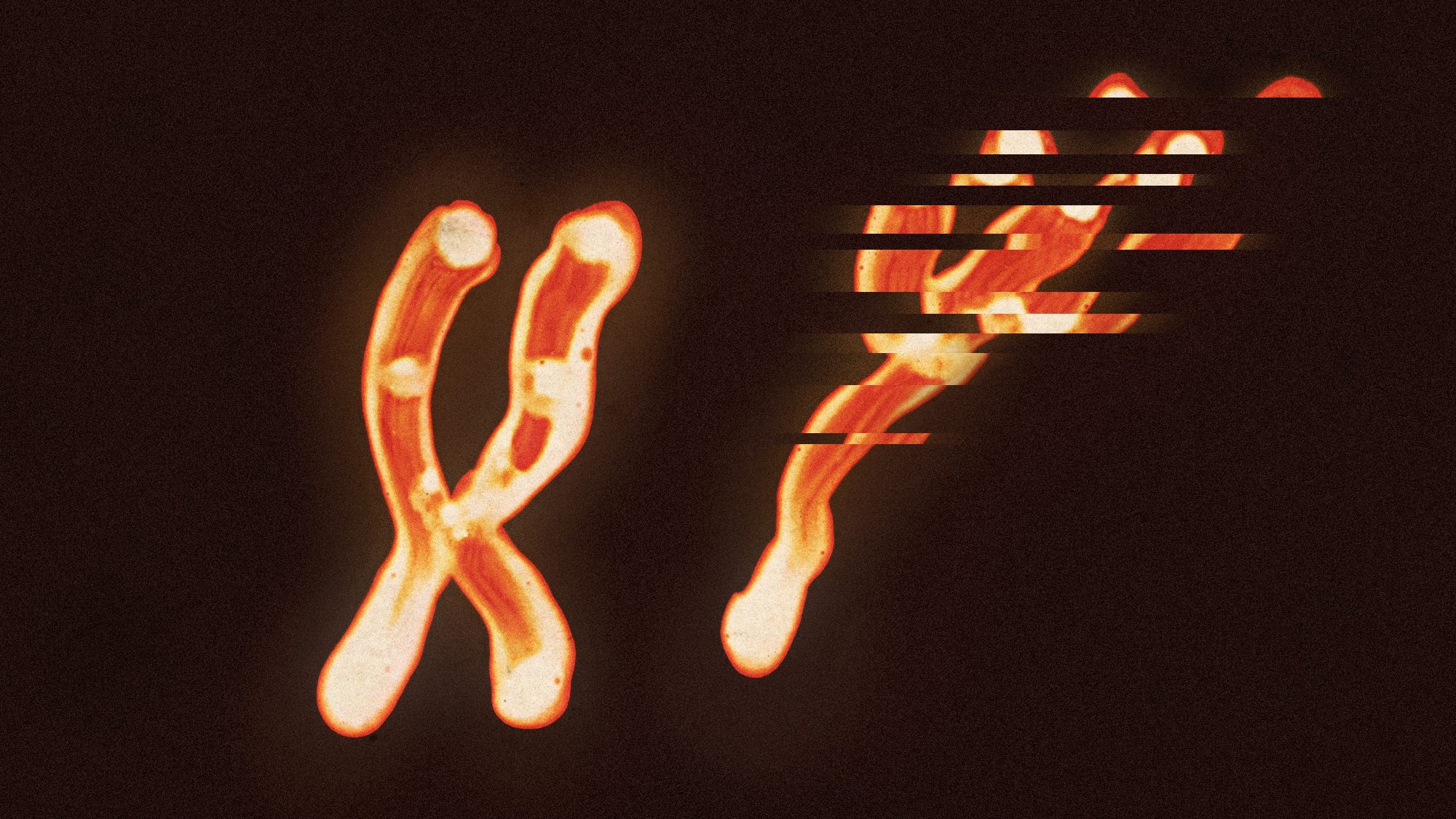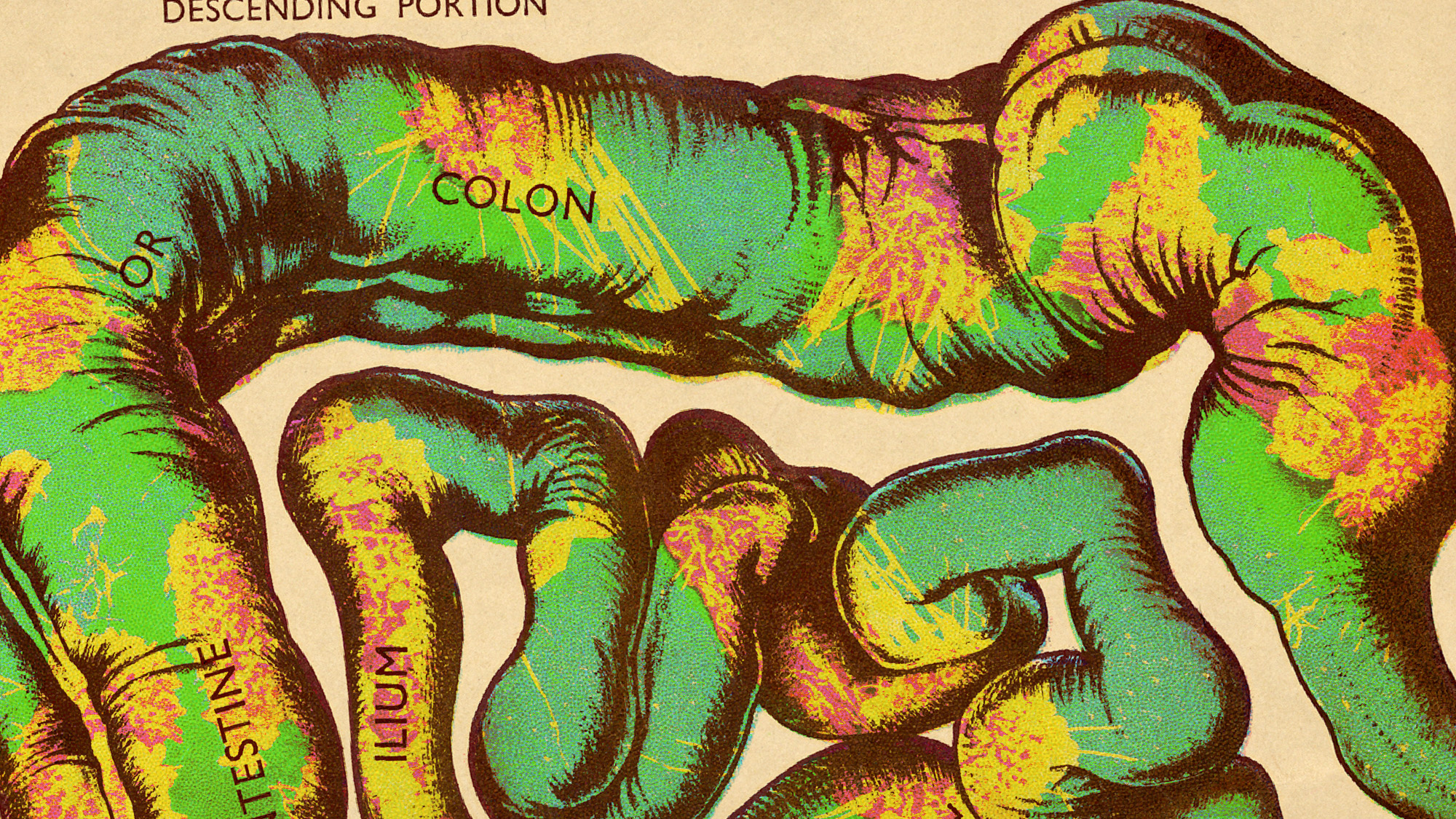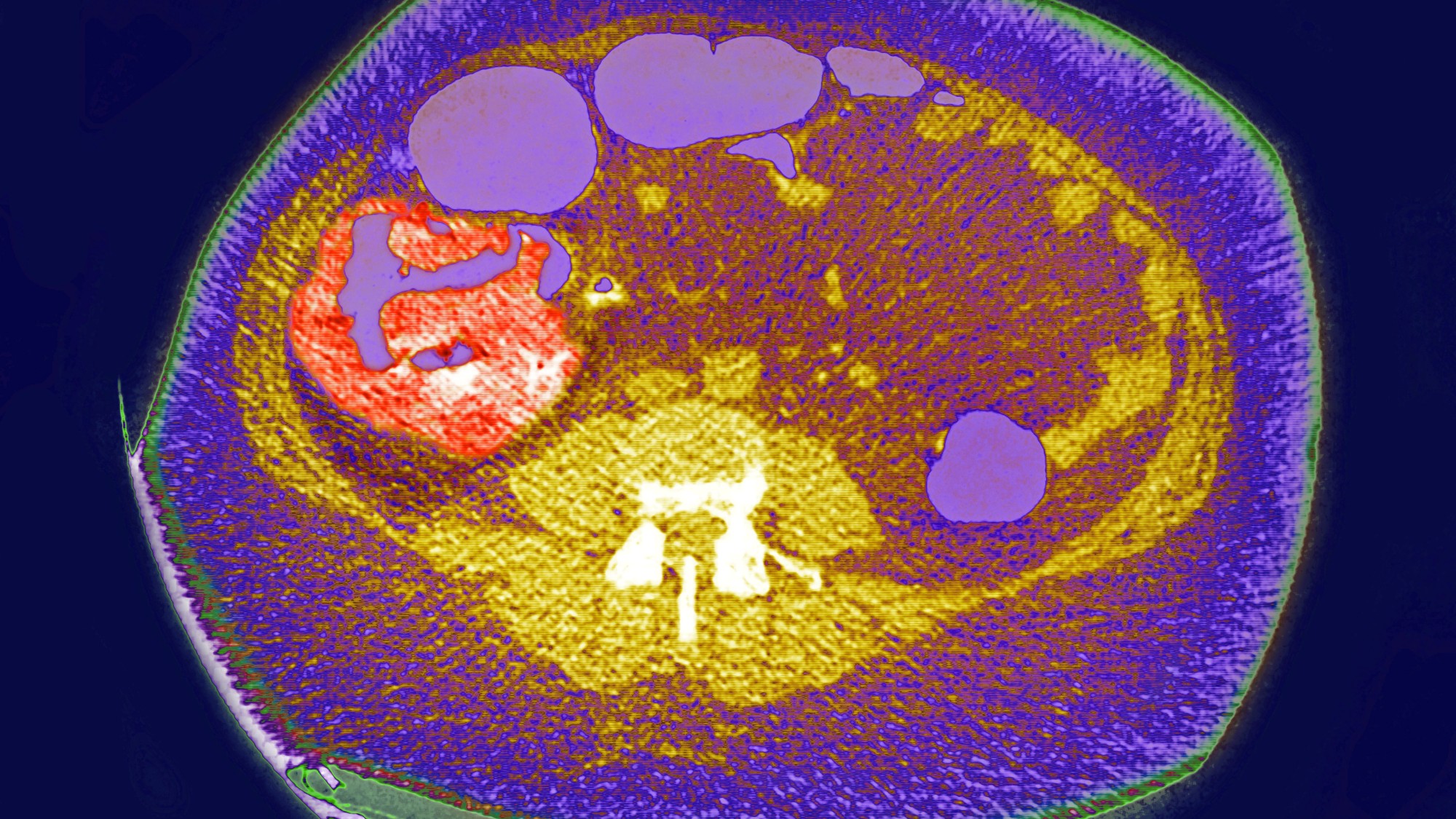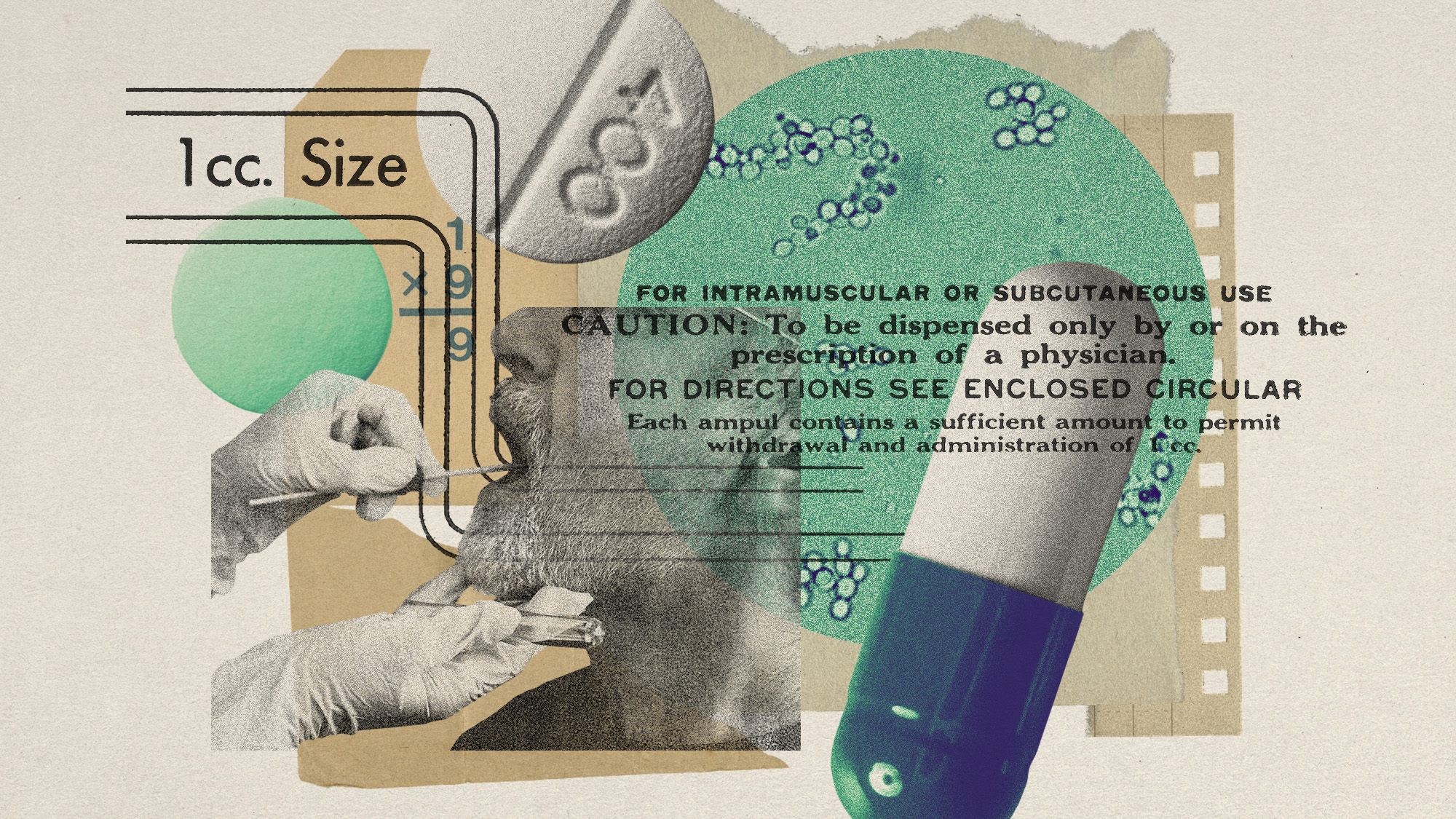How pancreatic cancer urine test could save lives
Experts hail 'exciting finding' as simple urine test could help in the war on pancreatic cancer

A free daily email with the biggest news stories of the day – and the best features from TheWeek.com
You are now subscribed
Your newsletter sign-up was successful
Scientists have developed a new, simple urine test that could help detect pancreatic cancer at a much earlier stage. The Pancreatic Cancer Research Fund described it as "an exciting finding".
But how does the test work and why are charities urging caution?
The Week
Escape your echo chamber. Get the facts behind the news, plus analysis from multiple perspectives.

Sign up for The Week's Free Newsletters
From our morning news briefing to a weekly Good News Newsletter, get the best of The Week delivered directly to your inbox.
From our morning news briefing to a weekly Good News Newsletter, get the best of The Week delivered directly to your inbox.
What is the test?
It is a simple urine test that searches for a protein "signature" – a combination of three proteins – which is present only in people with pancreatic cancer.
This could allow doctors to detect the disease much earlier than at present. Pancreatic cancer is often very advanced by the time it is detected. Only three per cent of patients are still alive five years after diagnosis – the lowest five-year survival rate of any common cancer.
How effective is it?
A free daily email with the biggest news stories of the day – and the best features from TheWeek.com
The signature was found to be 90 per cent accurate, meaning the test could save a considerable number of lives. Co-author Professor Nick Lemoine, of the Barts Cancer Institute, explains: "Patients are usually diagnosed when the cancer is already at a terminal stage, but if diagnosed at stage two, the survival rate is 20 per cent, and at stage one, the survival rate for patients with very small tumours can increase up to 60 per cent."
What are the downsides?
There are no downsides known as yet, but charities are urging caution. Fiona Osgun, of Cancer Research UK, said: "At the moment, we're a long way from knowing if this research could lead to a test that would help detect pancreatic cancer at an early stage, or who that test might benefit."
What next?
Scientists plan more research, focusing particularly on those whose genes put them at particular risk of pancreatic cancer. Lead researcher Dr Tatjana Crnogorac-Jurcevic said: "We've always been keen to develop a diagnostic test in urine as it has several advantages over using blood. We're hopeful that a simple, inexpensive test can be developed and be in clinical use within the next few years."
-
 The ‘ravenous’ demand for Cornish minerals
The ‘ravenous’ demand for Cornish mineralsUnder the Radar Growing need for critical minerals to power tech has intensified ‘appetite’ for lithium, which could be a ‘huge boon’ for local economy
-
 Why are election experts taking Trump’s midterm threats seriously?
Why are election experts taking Trump’s midterm threats seriously?IN THE SPOTLIGHT As the president muses about polling place deployments and a centralized electoral system aimed at one-party control, lawmakers are taking this administration at its word
-
 ‘Restaurateurs have become millionaires’
‘Restaurateurs have become millionaires’Instant Opinion Opinion, comment and editorials of the day
-
 The truth about vitamin supplements
The truth about vitamin supplementsThe Explainer UK industry worth £559 million but scientific evidence of health benefits is ‘complicated’
-
 Covid-19 mRNA vaccines could help fight cancer
Covid-19 mRNA vaccines could help fight cancerUnder the radar They boost the immune system
-
 Deadly fungus tied to a pharaoh's tomb may help fight cancer
Deadly fungus tied to a pharaoh's tomb may help fight cancerUnder the radar A once fearsome curse could be a blessing
-
 'Poo pills' and the war on superbugs
'Poo pills' and the war on superbugsThe Explainer Antimicrobial resistance is causing millions of deaths. Could a faeces-filled pill change all that?
-
 The Y chromosome degrades over time. And men's health is paying for it
The Y chromosome degrades over time. And men's health is paying for itUnder the radar The chromosome loss is linked to cancer and Alzheimer's
-
 A bacterial toxin could be contributing to the colorectal cancer rise in young people
A bacterial toxin could be contributing to the colorectal cancer rise in young peopleUnder the radar Most exposure occurs in childhood
-
 Why are more young people getting bowel cancer?
Why are more young people getting bowel cancer?The Explainer Alarming rise in bowel-cancer diagnoses in under-50s is puzzling scientists
-
 Five medical breakthroughs of 2024
Five medical breakthroughs of 2024The Explainer The year's new discoveries for health conditions that affect millions